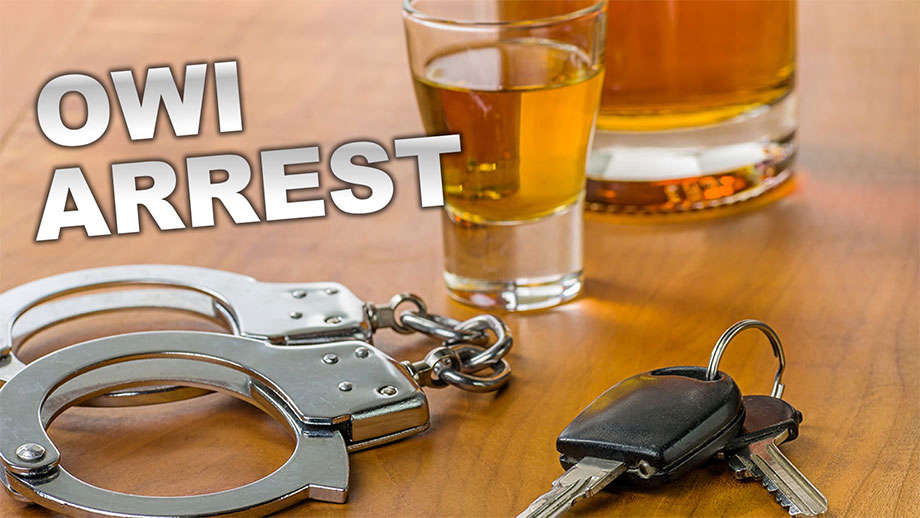
The Marshall County Prosecutor's Office released additional information Monday morning on the charges a Plymouth Police Officer is facing following a traffic accident on May 14th at 4:53pm
Patrolman Stuart Krynock was off-duty and traveling south on Oak Drive near Pidco Drive on a blue 2012 Honda motorcycle when he was involved in a single-vehicle accident.
Due to the severity of injuries, he sustained in the accident, he was not transported to the Marshall County Jail for booking and a mugshot, he was transported to an area hospital.
Indiana State Police trooper Borsa from the Bremen Post completed the affidavit for probable cause and stated that the driver, Stuart Krynock admitted to being the driver. The trooper’s observations included the order of alcoholic beverages, his speech was slow to respond, his eyes were bloodshot, and he was very emotional throughout the interaction. The trooper said the Portable Breath Test (PBT) sensor was .174. Officer Krynock submitted to a chemical test at 7:42 p.m. which showed an alcohol concentration equivalent to 0.214 grams of alcohol per 100 milliliters of blood.
Stuart Krynock is charged with one count of operating a vehicle while intoxicated endangering a person as class A misdemeanor and one count of operating a vehicle with an ACE of .15 or more as a class A misdemeanor. His initial hearing is scheduled for June 25th at 8:30 in Marshall Superior Court II in front of Judge Dean Colvin.
Patrolman Krynock was sworn into dust at the Plymouth Police Department on June 16, 2014. He is currently on medical leave due to his injuries.
Readers are reminded that charging information supported by an affidavit of probable cause is merely an allegation that a crime has been committed and that there is only probable cause to believe a crime has been committed. They are presumed innocent throughout the proceedings and are entitled to be represented by counsel and entitled to a trial by jury at which the State is obligated to provide proof beyond a reasonable doubt before a judgment of guilt may be made.


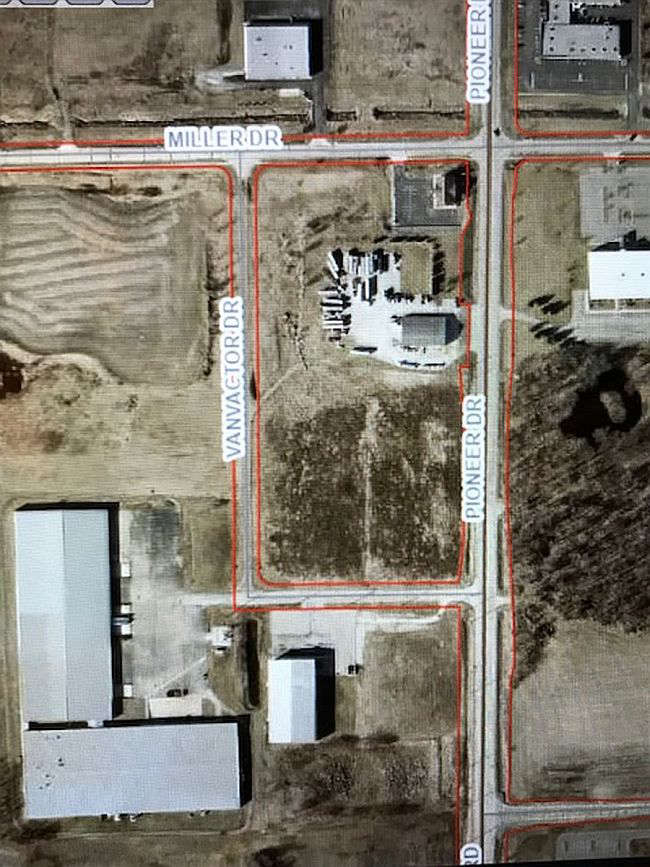 Board of Public Works & Safety confronted on VanVactor Drive name change, asked to change it back
Board of Public Works & Safety confronted on VanVactor Drive name change, asked to change it back
 County Police arrest Grand Rapids man for driving without a license
County Police arrest Grand Rapids man for driving without a license
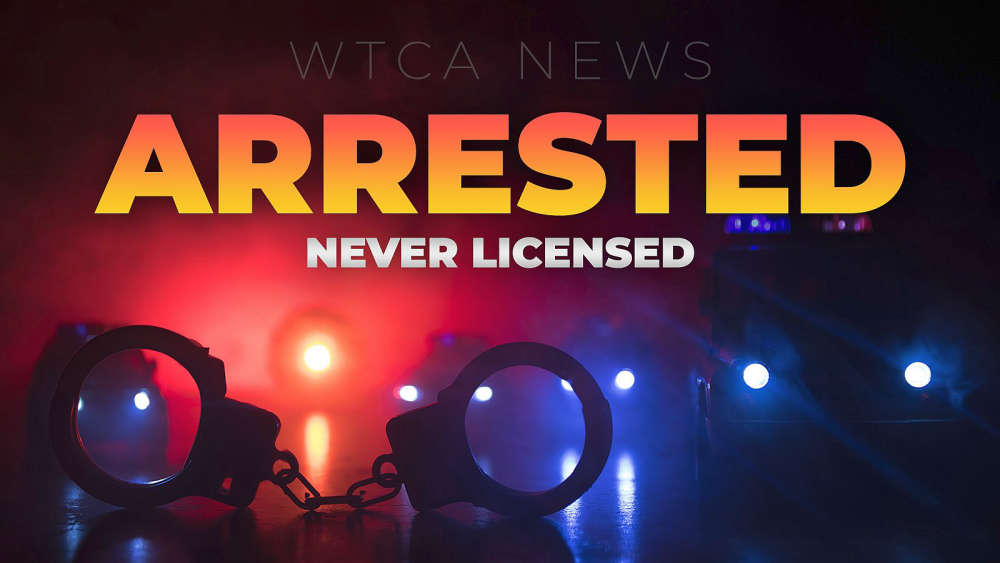 66-year-old Plymouth man arrested for intentionally driving without a license
66-year-old Plymouth man arrested for intentionally driving without a license
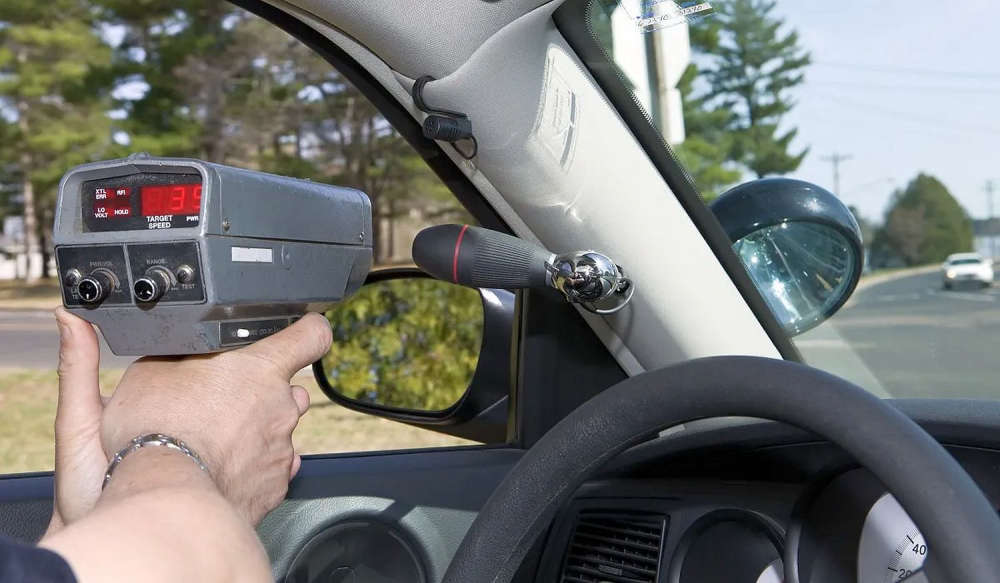 Bourbon teen arrested, driving 102 MPH on U.S. 30
Bourbon teen arrested, driving 102 MPH on U.S. 30
 Marshall County Communiity Foundation awards spring 2025 grants
Marshall County Communiity Foundation awards spring 2025 grants
 Become a lifesaving volunteer by giving blood with the Red Cross
Become a lifesaving volunteer by giving blood with the Red Cross
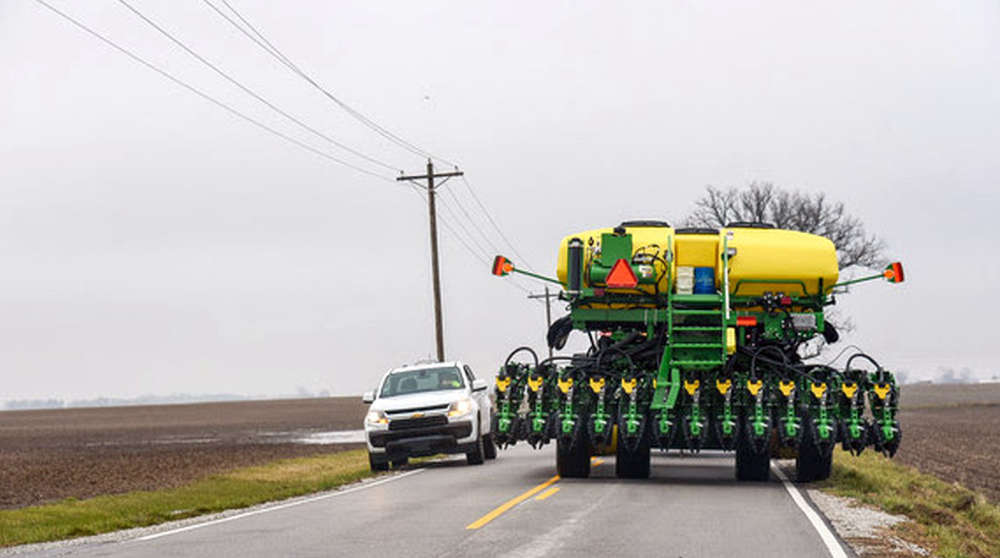 Motorists: stay alert and share the road with farm equipment this spring
Motorists: stay alert and share the road with farm equipment this spring
 Governor Braun Announces Partnership between Indiana Excise Police, Indiana State Police to crack down on crime involving ‘nuisance bars’
Governor Braun Announces Partnership between Indiana Excise Police, Indiana State Police to crack down on crime involving ‘nuisance bars’




